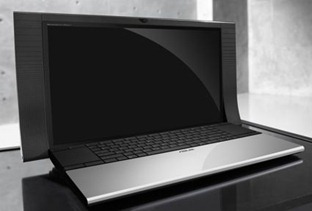 Brand vs. Quality. Which Would You Pay For? – I asked recently, making the case that “trusted old brands” like HP are producing inferior quality, while formerly “no-name cheapo” component maker ASUS is becoming a household name. They are basically doing what Honda, Toyota (and now the Koreans) did to the car business.
Brand vs. Quality. Which Would You Pay For? – I asked recently, making the case that “trusted old brands” like HP are producing inferior quality, while formerly “no-name cheapo” component maker ASUS is becoming a household name. They are basically doing what Honda, Toyota (and now the Koreans) did to the car business.
Sure, ASUS rode a good wave becoming the leading netbook-maker, but they are not stopping there. First it was price, then performance, reliability – now it’s design.
“We are looking forward to leading the PC industry into a new era of thought behind computer design,” said ASUS chairman Jonney Shih, after unveiling four new computers at the event. At one point, Shih seemed to allude to Apple as a role model, saying that an overriding focus on design has been the domain of one company in the industry. (Source: TechFlash)
Now, who’s “the Brand”? 

(Cross-posted @ CloudAve )

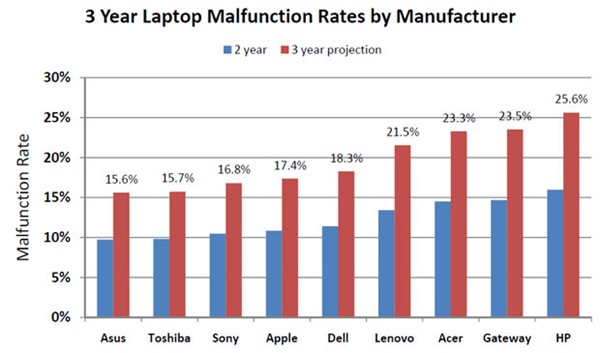
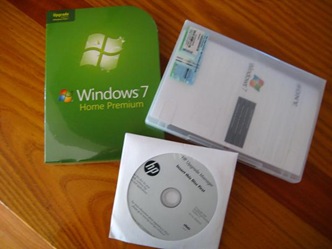



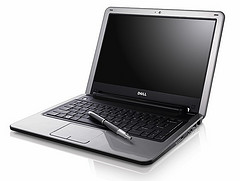 Hardly
Hardly The New York Times ran an article this week:
The New York Times ran an article this week:  Finally, a word on connectivity and prices: Wifi gets you online almost, but not all the time, so obviously a 3G connection is a useful addition to your netbook. But you will pay for 3G data usage, so why don’t carriers subsidize your netbook purchase, like they do with cell phones? The day will come, as the WSJ reports, HP may be one of the first to introduce such a model:
Finally, a word on connectivity and prices: Wifi gets you online almost, but not all the time, so obviously a 3G connection is a useful addition to your netbook. But you will pay for 3G data usage, so why don’t carriers subsidize your netbook purchase, like they do with cell phones? The day will come, as the WSJ reports, HP may be one of the first to introduce such a model: 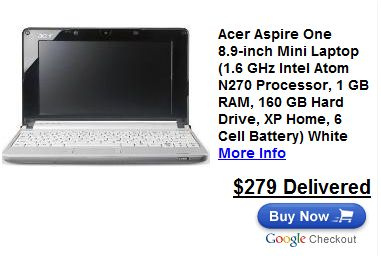 I know netbook prices are dropping, but not this fast! Just a day after hearing about a
I know netbook prices are dropping, but not this fast! Just a day after hearing about a 

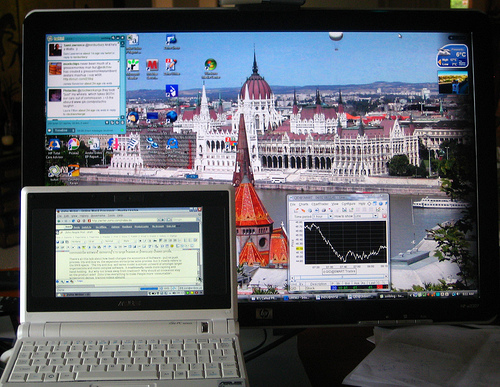
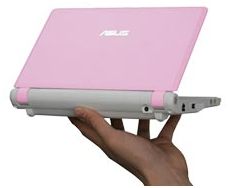 Valentine Day is coming: forget roses, perfume, jewellery.. this year’s hot item is a PC.
Valentine Day is coming: forget roses, perfume, jewellery.. this year’s hot item is a PC.  Will the
Will the 
Recent Comments